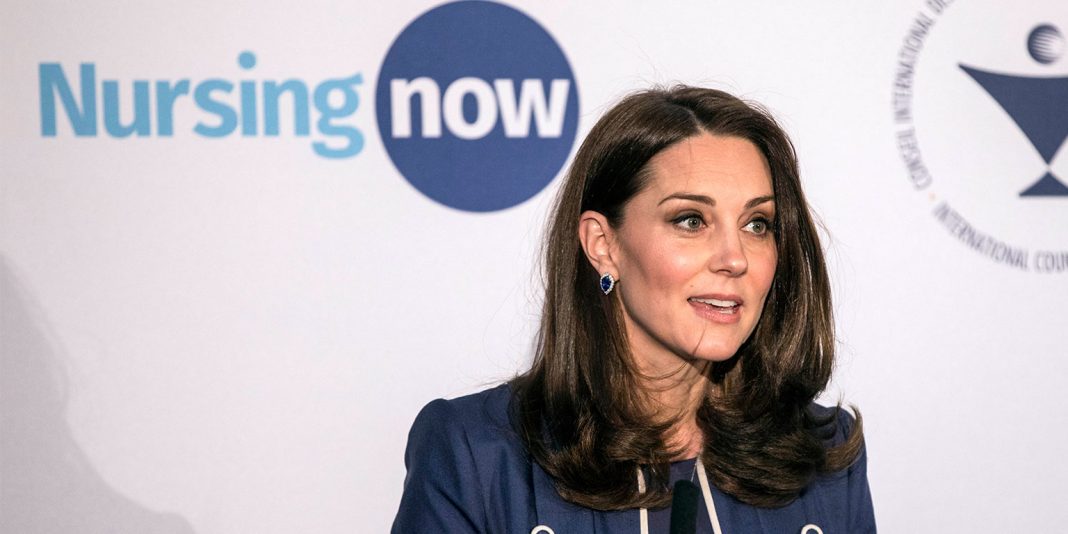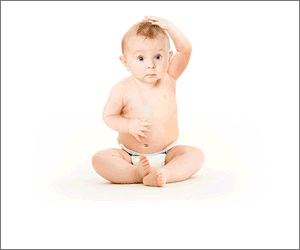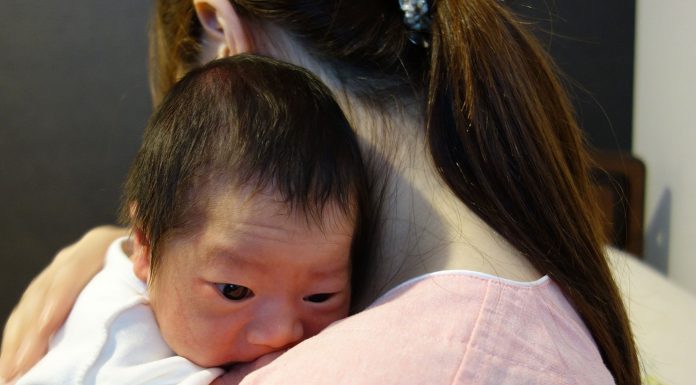A campaign to up the profile and status of nurses worldwide to help improve global health was launched in the early hours of this morning by its patron the Duchess of Cambridge.
At the London launch of the Nursing Now campaign, the Duchess said she had learnt that to meet global demand the world needed an additional nine million nurses by 2030.
Nursing Now grew out of the Triple Impact report by the UK’s All-Party Parliamentary Group on Global Health – led by former chief executive of the National Health Service (NHS) Lord Nigel Crisp – and is being run in collaboration with the World Health Organization (WHO) and International Council of Nurses (ICN). It is also backed by the New Zealand Nurses Organisation, which has launched its own campaign to increase the visibility of nursing.
Crisp, the Nursing Now co-chair, told the launch that it was time to pay more attention to what nurses can do. He said the campaign aims to improve health globally by raising the profile and status of nurses worldwide – influencing policymakers and supporting nurses themselves to lead, learn and build a global movement.
“It is based on a terribly simple premise that nurses and midwives make up half of the professional health workforce globally – that is 20 million people – and we simply can’t achieve universal health coverage without them.”
He said the nursing role is growing ever more important as health needs change – particularly the growth of non-communicable diseases which required more holistic and person-centred care.
The Duchess of Cambridge said the campaign meant a lot to her personally as her great-grandmother and grandmother were both volunteer nurses – her great-grandmother volunteering during the First World War. She said she found nurses’ dedication and professionalism ‘awe-inspiring’ and was struck by the wide responsibilities nurses had in both physical and mental health and in preventing and managing health conditions.
“You care for us from the earliest years, you look after us in our happiest and saddest times.” She noted that in some communities nurses were the only qualified health professionals, so their work was even more essential.
She said she was surprised to learn that to keep pace with demand it was estimated the world would need an additional nine million nurses and midwives by 2030 – the equivalent of two thousand extra nurses every day for the next 12 years. She said this showed the world must act now to develop and support nurses.
The three-year global campaign is being run as a programme of the Burdett Trust for Nursing, in collaboration with the ICN and WHO that hosted another launch event in Geneva alongside launches in several African countries and the United States of America.
Nursing Now co-chair Professor Sheila Tlou said the Nursing Now campaign was about supporting nurses to lead, to learn and to strengthen the profession. “We will equip them through training, support and the development of political leadership skills to take their rightful place at the table when decisions are being taken about the future shape of healthcare in their countries.”
Elizabeth Iro, the Cook Islands nurse recently appointed WHO’s Chief Nursing Officer said health workers were the “DNA of health systems”. “They are a Ministry of Health’s biggest asset. Nurses and midwives represent the largest share of health workers and provide care for our families and our communities when we need them most. WHO is delighted to collaborate on the campaign to support nurses and midwives around the world in assisting their countries to achieve Universal Health Coverage.”
NZNO Kaiwhakahaere Kerri Nuku said she particularly wants to work towards joining the seams between nursing and midwifery so both could be raised up together where the professions overlap.
“We are working to develop the best nursing workforce ever seen in New Zealand and that means working across the specialist areas. Midwives working with nurses, nurses with doctors at all levels of healthcare both in the private and public sector.
NZNO president Grant Brookes is also a champion of the global campaign: “Nurses are the lynchpin of health teams, playing a crucial role in health promotion, disease prevention, treatment and care.” NZNO is releasing its Nursing Strategy 2018-2023 in Wellington on 22 March.
Annette Kennedy, President of the ICN, said ICN was proud to be part of Nursing Now. “Through our 133 national nursing associations, we know of the great work nurses are doing to deliver care and improve health, but we also know how tough their working lives can be. Nurses are the answer but we need real investment and support.”
Nursing Now was founded by nurses and other health experts based on the findings of the 2016 Triple Impact report. The report concluded that strengthening nursing globally would have a triple impact of improving health, improving gender equality by empowering women and building stronger economies. It also concluded that that the United Nations target of Universal Health Coverage for the world’s people would not be achieved unless nursing was strengthened.
Nursing Now will run to the end of 2020 – the 200th anniversary of Florence Nightingale’s birth and a year when nurses will be celebrated worldwide.
Nursing Now aims for 2020
Greater investment in improving education, professional development, standards, regulation and employment conditions for nurses.
- All countries have plans for developing nursing and midwifery;
- Increased investment in all aspects of nursing and midwifery; and
- More nurses in training and employment, with clear progress in eliminating the global shortfall of 9 million nurses and midwives by 2030.
2. Increased and improved dissemination of effective and innovative practice in nursing.
- Nursing organisations collectively support a coordinated global portal of effective practice and innovation used by nurses and policy makers around the world.
3. Greater influence for nurses and midwives on global and national health policy, as part of broader efforts to ensure health workforces are more involved in decision-making.
- All global and national policies on health and healthcare acknowledge the role of nursing in achieving their goals and include plans for the development of nursing; and
- All national plans for delivering UHC make specific proposals to enhance and develop the role of nurses as the health professionals closest to the community.
4. More nurses in leadership positions and more opportunities for development at all levels.
- At least 75% of countries have a Chief Nursing Officer or Chief Government Nurse as part of their most senior management team in health;
- More senior leadership programmes for nurses; and
- The establishment of a global nursing leadership network.
5. More evidence for policy and decision makers about: where nursing can have the greatest impact, what is stopping nurses from reaching their full potential and how to address these obstacles.
- A landmark study on the economic impact of nursing is published;
- More articles on nursing’s impact in peer-reviewed A* journals; and
- A coordinated global network on research on nursing is established.






















